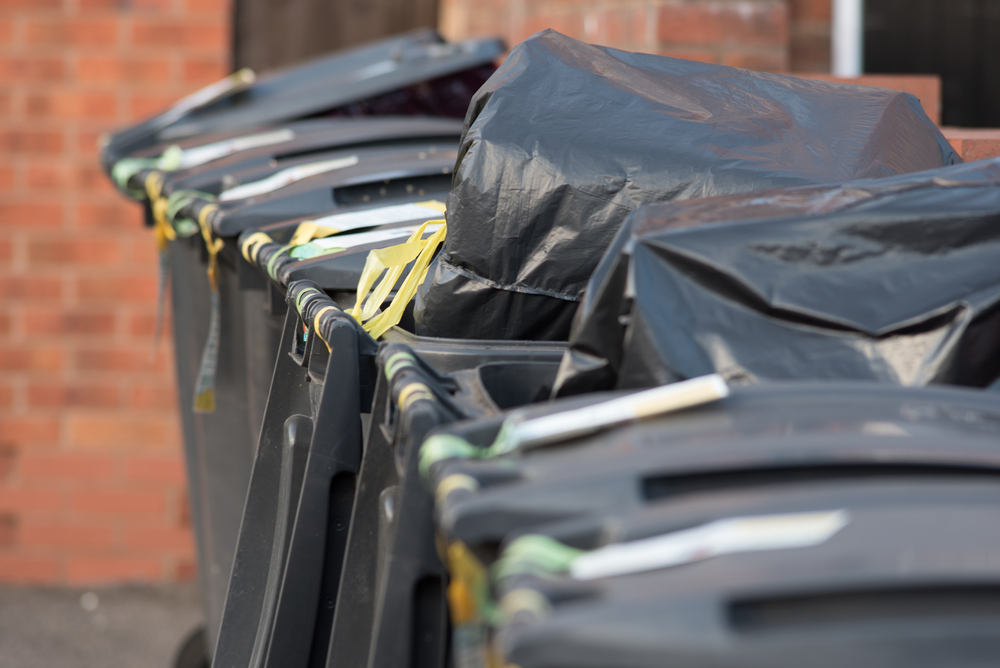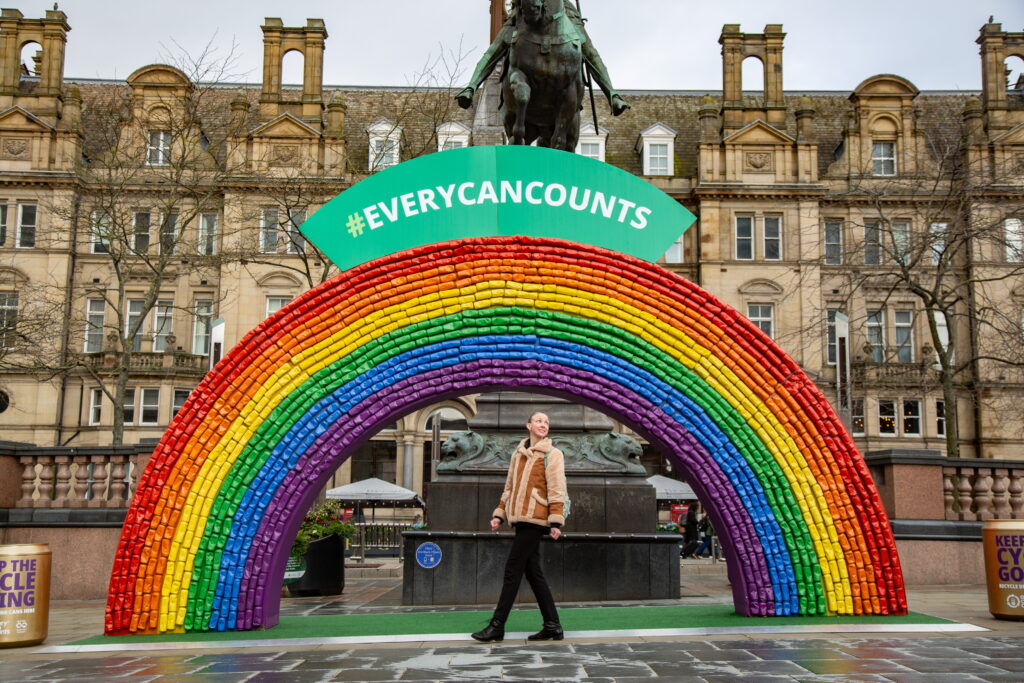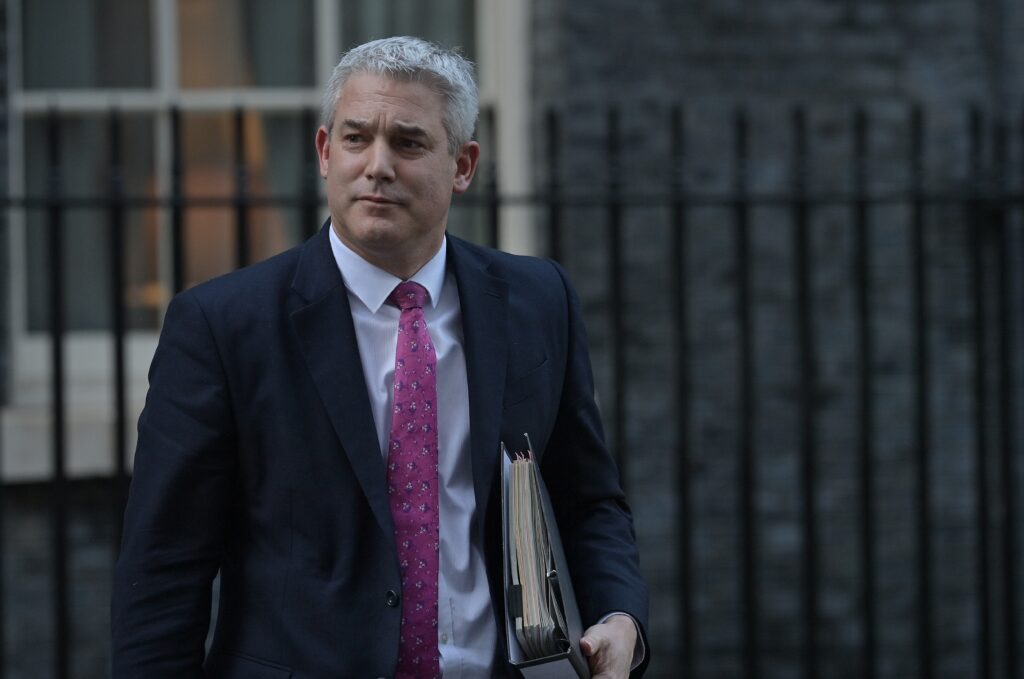On 14 December, the Department for Environment Food and Rural Affairs (Defra) published statistics examining the carbon impact of household waste in England from 2016 to 2020 (see letsrecycle.com story).
John Scanlon, Suez’s CEO, said the statistics’ publication marked “a step in the right direction” towards measuring the management of England’s household waste according to the best outcome for the environment.
He added: “Weight-based metrics served the sector well in shifting waste away from landfill but are not effective in supporting the transition to a more resource efficient, circular economy, where we drive down waste and increase reuse and recycling, keeping precious resources in use for longer.
“How we measure performance in managing waste has a significant influence on the treatment methods used, and at Suez we were exploring alternative metrics to weight, including carbon, as far back as 2015.”
Emissions
Using a methodology calculated by resources charity WRAP, the statistics showed the overall emissions from waste management by landfill, energy from waste, composting or anaerobic digestion of organics and recycling.

Total emissions from waste from households in England were at their highest in 2016, at -0.4 million tonnes carbon dioxide equivalent (CO2e), and at their lowest in 2019, at -1.1 million tonnes CO2e.
Negative emission figures indicate that, overall, there is a net carbon equivalent saving from waste management processes over the use of virgin material or fuels.
Mr Scanlon said the initial figures highlight “how far we have already come” and the potential environmental gains to be had from improved resource efficiency and reduced consumption.
“When considered alongside the much-anticipated detail of reforms to extended producer responsibility and collections, the data will support continued investment in the current and new generation of infrastructure for managing the UK’s waste, with net zero and resource efficiency at its core,” he said.
Figures
Stuart Hayward-Higham, Suez’s technical development director, said he was pleased to see the figures recognise the “significant carbon benefit” of closed loop recycling.

However, he suggested the carbon burden of landfill “may be understated” as the impact of for lost resources has not been accounted for. The protocol used for methane also considers its long-term impact, Mr Hayward-Higham said, “rather than its far higher short-term impact on climate change.”
He added: “At this point in time, some key pieces of the puzzle are missing – government hasn’t been able to account for the burdens or benefits of waste prevention or include any commercial waste streams and, when this is incorporated, we will have a more complete picture.
“Equally, a lack of data on the carbon intensity of each activity per tonne of waste handled makes it difficult to fully draw conclusions but still overall, our understanding of the environmental impacts of managing England’s household waste is enhanced by these figures, which give a good foundation to build upon in future years.”












Subscribe for free